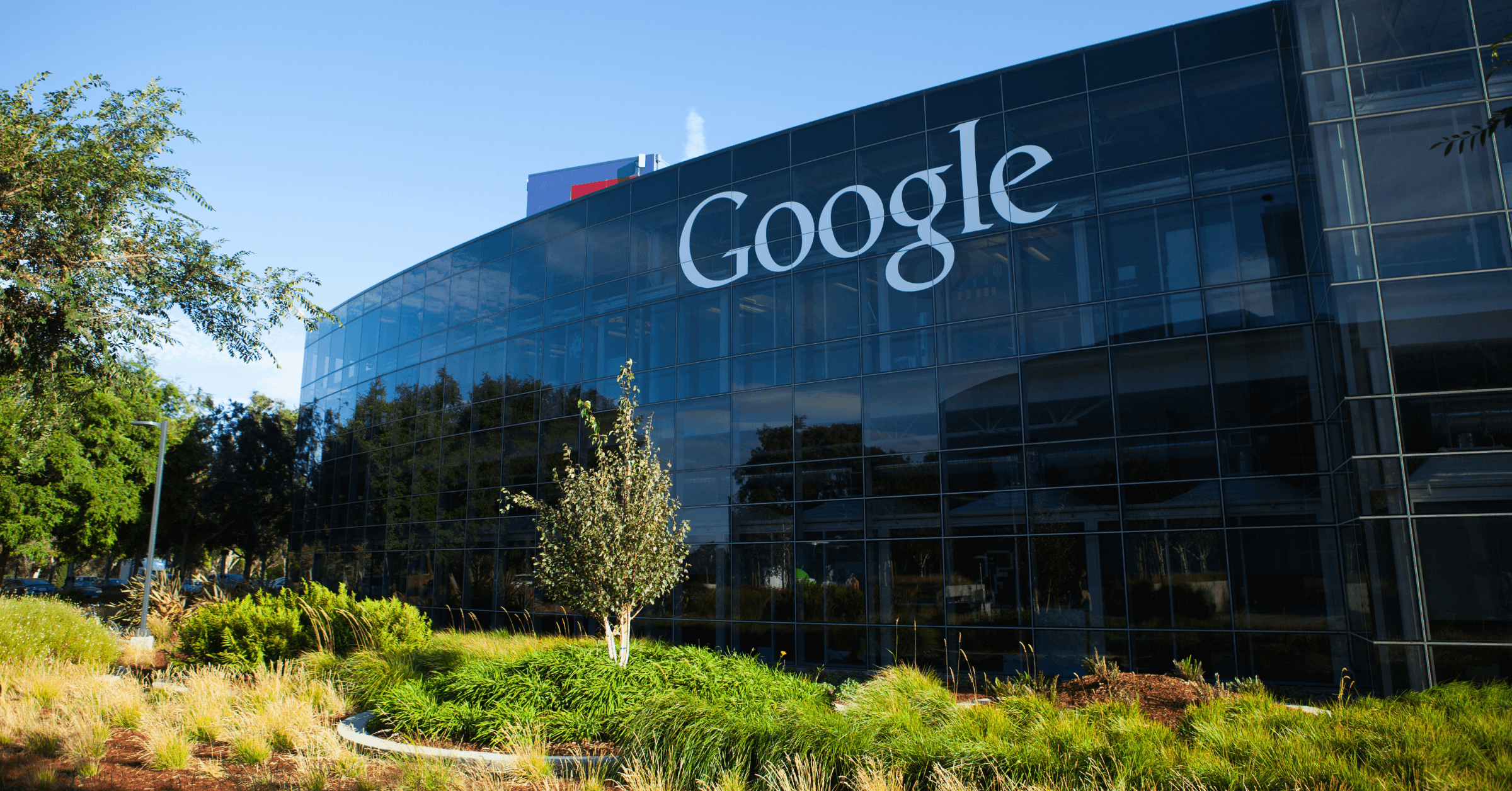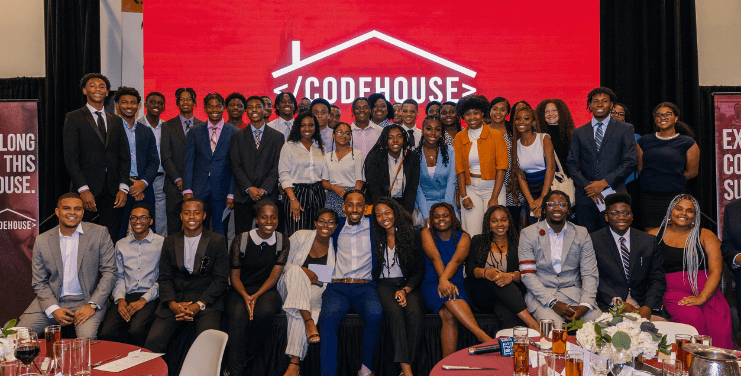Amazon employee’s efforts to unionize were squashed last week as questions around worker’s rights, especially among Black employees, continue to arise. Bessemer, Alabama employees ultimately voted 1,798 to 738 against unionizing, but employees at the 6,000-person facility were allegedly gaslit and mislead into voting against the union.
Jennifer Bates, a learning ambassador responsible for training employees in one of Amazon’s fulfillment centers, testified before the Senate in March describing worker conditions and became the face for union efforts started from a majority Black factory. She describes delayed breaks, employees being fired for minor infractions and the constant push for more output that gave her a sense of being treated like a machine.
The pandemic has sent the retailer’s revenue soaring to more than $386 billion in 2020, a 38 percent increase from 2019. In June 2020, Amazon pledged $10 million to anti-racism organizations while simultaneously coming under fire for not providing a safe working environment for frontline workers, many of whom are Black. High profits have led to worsening working conditions for frontline workers. At factories like the one where Bates works, employees are increasing their likelihood of exposure to Covid-19, shown to disproportionately impact Black people, to meet the heightened demand fueled by at-home shopping.
Safer, more humane working conditions and increased pay are at the core of pro-union employee’s requests. In 2018, Amazon raised employee’s minimum compensation to $15 an hour, but, Bates’ testimony to the Senate Budget Committee provided a glimpse into what Bates describes as grueling working conditions. The Amazon union defeat comes on the heels of Google employee’s successful formation of the Alphabet Worker’s Union in January. Organizer’s efforts for an Amazon union aren’t likely to subside as issues continue to mount for the second largest employer in the U.S.
Discontent runs at the company, from the blue-collar level to more senior-level employees like Charlotte Newman, an Amazon Web Services lead who is suing the tech giant for sexual harassment and racial discrimination.
The company’s treatment of Black employees on and off the factory floor warrants closer scrutiny. Workers describe a culture of discrimination, harassment and stifled career opportunities through down-leveling, a practice that places employees at lower pay and ranking for which they are qualified. This has become common among Black employees, several of which gave accounts of how the practice leaves employees with little chance of advancement.
The fear of retribution is real, but as more employees speak out, the burgeoning tech worker movement gains momentum and may even garner more official support.https://twitter.com/POTUS/status/1366191901196644354?s=20
The Biden administration has been vocal about worker’s right to unionize without intimidation and has made this stance actionable by onboarding strong critics of Big Tech. The administration will likely craft a more stringent antitrust and competition policy.
As dissent mounts, public policy pushes for more competition and workers resolve for more humane treatment. Amazon’s union scare has set a precedent that big tech will continue to be challenged in new ways. This won’t be the last time worker treatment will be called into question.








